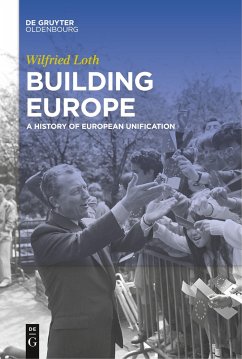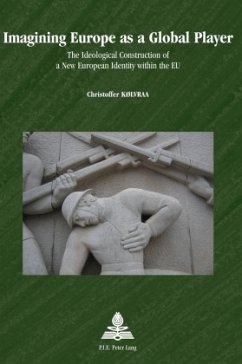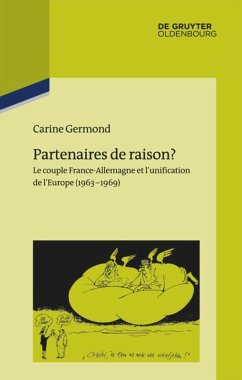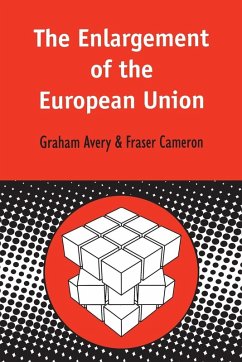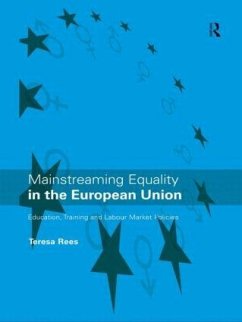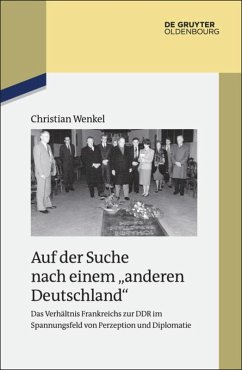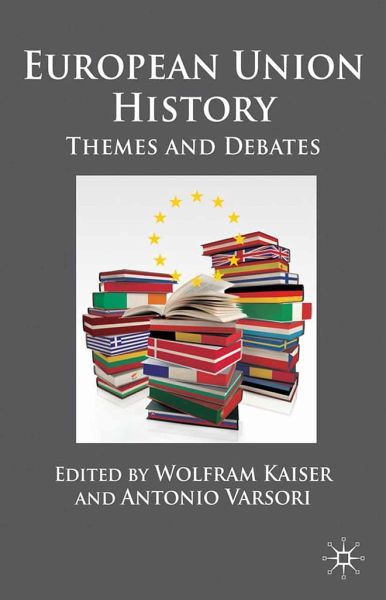
European Union History
Themes and Debates
Herausgegeben: Kaiser, W.; Varsori, A.

PAYBACK Punkte
19 °P sammeln!
European integration has had, and is continuing to have, an enormous impact on the state of Europe: through transforming the nation-state; creating new supranational institutions and joint policy-making; integrating markets and liberalizing trade; fiscal redistribution; and through fostering the formation of transnational elite networks and growing identification with Europe; but also through accentuating social friction; raising concerns about the remoteness of supranational policy-making and serving as a focal point for 'Eurosceptic' political mobilization. Thus, it is increasingly crucial f...
European integration has had, and is continuing to have, an enormous impact on the state of Europe: through transforming the nation-state; creating new supranational institutions and joint policy-making; integrating markets and liberalizing trade; fiscal redistribution; and through fostering the formation of transnational elite networks and growing identification with Europe; but also through accentuating social friction; raising concerns about the remoteness of supranational policy-making and serving as a focal point for 'Eurosceptic' political mobilization. Thus, it is increasingly crucial for researchers, students and citizens to understand the complex history of the present-day European Union. This book provides them with a highly accessible state of the art introduction to how historians and social scientists have conceptualized, written about, and debated this increasingly shared contemporary history of Europe since World War II. A comprehensive and accessible look at how historians and social scientists have thought and written about the present-day European Union, and the main themes of their research and debates






